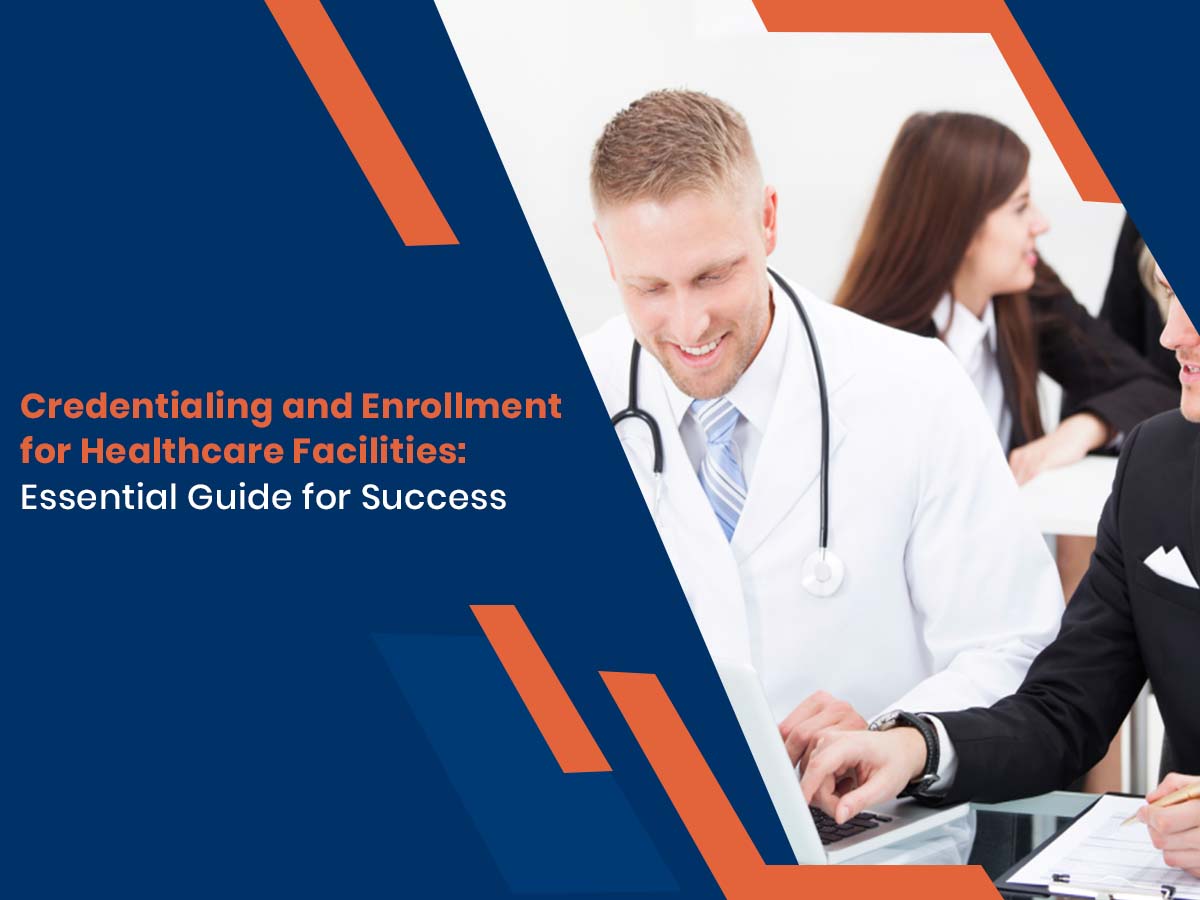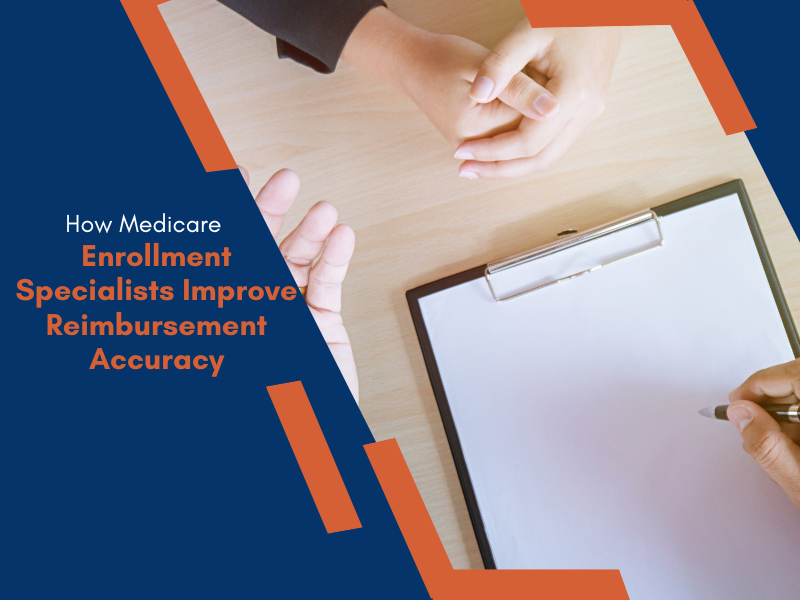
In the complex world of healthcare, medical professionals are required to obtain various licenses to practice legally and ensure the safety of patients. Understanding the different types of medical licenses is crucial for both aspiring medical practitioners and patients seeking the best care. In this comprehensive guide, we will break down the various medical licenses, their significance, and the steps involved in obtaining them.
Different Types of Medical Licenses: Exploring Diverse Healthcare Roles
In the vast landscape of healthcare, a multitude of professionals collaborate to provide comprehensive medical care and support to patients. Each role comes with its unique set of responsibilities and qualifications, often requiring specific licenses to ensure competence, safety, and quality of care. Let’s delve into some of the key medical licenses that professionals may need to obtain:
- Medical Doctor (MD) License: The Medical Doctor license is the cornerstone of the medical field. MDs are physicians who have completed medical school, followed by residency, and possibly fellowship training in specialized areas. They diagnose medical conditions, develop treatment plans, and perform various medical procedures. To obtain an MD license, aspiring doctors must undergo rigorous medical education, pass licensing exams (such as the United States Medical Licensing Examination – USMLE), and meet state-specific requirements.
- Doctor of Osteopathic Medicine (DO) License: DOs, or Doctor of Osteopathic Medicine, bring a holistic approach to healthcare, emphasizing the interrelationship between the body’s systems. They focus on preventive care, manipulative treatment techniques, and a whole-person approach to patient well-being. MDs, DOs undergo medical education, complete residency training, and pass licensing exams. Their unique perspective makes them valuable additions to the healthcare team.
- Registered Nurse (RN) License: Registered Nurses are essential members of the healthcare team, providing direct patient care, administering medications, and collaborating with doctors and other healthcare professionals. The path to becoming an RN involves completing an accredited nursing program and passing the National Council Licensure Examination for Registered Nurses (NCLEX-RN). RNs work in various healthcare settings and often specialize in areas like pediatrics, critical care, or oncology.
- Licensed Practical Nurse (LPN) License: Licensed Practical Nurses, also known as Licensed Vocational Nurses (LVNs) in some states, play a vital role in supporting RNs and physicians. They provide basic nursing care, administer medications, and assist with patient hygiene and comfort. To become an LPN, individuals need to complete a state-approved practical nursing program and pass the NCLEX-PN exam. LPNs work in settings such as nursing homes, clinics, and home healthcare.
- Pharmacist License: Pharmacists are experts in medications, ensuring safe and effective use of drugs. They dispense prescriptions, offer medication counseling, and collaborate with healthcare providers to optimize patient outcomes. Aspiring pharmacists must complete a Doctor of Pharmacy (Pharm.D.) program, followed by licensure exams such as the North American Pharmacist Licensure Examination (NAPLEX). Pharmacists can work in retail, hospital, clinical, and research settings.
- Dentist License: Dentists focus on oral health and provide a range of services, from routine check-ups and cleanings to complex dental procedures. To become a licensed dentist, individuals need to graduate from an accredited dental school, pass written and clinical licensing exams, and meet any state-specific requirements. Dentists play a crucial role in maintaining not only oral health but also overall well-being.
Each of these medical licenses represents a unique specialization within the healthcare ecosystem. The dedication and training required for each role ensure that patients receive the highest quality of care from professionals who are well-equipped to meet their specific needs. Whether it’s diagnosing medical conditions, offering holistic care, providing nursing support, managing medications, or ensuring oral health, these professionals collectively contribute to the holistic well-being of individuals and communities.
Steps to Obtain Medical Licenses: Navigating the Path to Professional Practice
Becoming a licensed medical professional requires a well-defined journey encompassing education, examinations, practical experience, thorough applications, and stringent background checks. Here’s an overview of the common steps involved in obtaining various medical licenses:
- Education: The foundation of any medical profession lies in education. Depending on the role, aspiring professionals must complete specific educational requirements. Medical doctors and Doctor of Osteopathic Medicine need to graduate from accredited medical schools. Nurses pursue accredited nursing programs, while pharmacists and dentists complete Doctor of Pharmacy and dental programs respectively.
- Examinations: Rigorous licensing exams validate the knowledge and competence of aspiring professionals. The United States Medical Licensing Examination (USMLE) stands as a crucial exam for medical doctors, whereas nurses tackle the National Council Licensure Examination (NCLEX).
- Clinical Experience: Practical experience is pivotal in translating theoretical knowledge into real-world application. Aspiring medical professionals typically complete supervised clinical rotations or internships. These experiences allow them to observe, practice, and refine their skills under the guidance of experienced mentors.
- Application Process: Obtaining a medical license involves a meticulous application procedure. Aspiring professionals must gather and submit necessary documents, such as transcripts, diplomas, and letters of recommendation. The application process also involves providing personal information, proof of completing required education and exams, and often paying application fees.
- Background Checks: Patient safety is paramount, making background checks an integral part of the licensure process. Regulatory bodies conduct thorough background checks, including criminal history and professional conduct records. This step ensures that licensed professionals uphold ethical standards and prioritize patient well-being.
Navigating these steps demands commitment, dedication, and adherence to regulatory requirements. Successfully completing each phase ensures that aspiring medical professionals are equipped with the knowledge, skills, and ethical grounding necessary to provide safe and effective care to patients.
In a dynamic healthcare world, medical licenses symbolize the commitment to healing and empathy. As professionals forge this path, they aim to make a lasting impact, and patients reap the benefits of their unwavering journey.Top of Form
References




